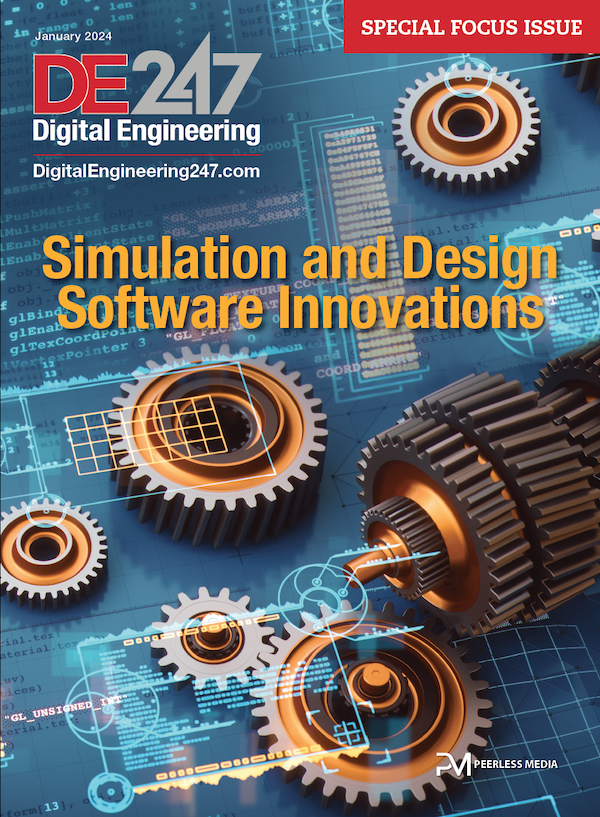
Dave Evans, cofounder and CEO of Fictiv, will moderate a panel on the future of automotive design and engineering. (Image courtesy of Fictiv)
Latest News
September 19, 2016
 Dave Evans, cofounder and CEO of Fictiv, will moderate a panel on the future of automotive design and engineering. (Image courtesy of Fictiv)
Dave Evans, cofounder and CEO of Fictiv, will moderate a panel on the future of automotive design and engineering. (Image courtesy of Fictiv)A Stanford graduate in mechanical engineering, Dave Evans now runs Fictiv, a startup that aims to make manufacturing accessible to the masses. (Read more about Fictiv in this blog post.)
This week, Evans is moderating a panel dubbed “Who Is Driving the Auto Industry?” Set to take place this Wednesday (Sep 21, 6PM-8PM) at the San Francisco-based coworking space Runway, the panel features:
- Dr. Stephen Zoepf, Executive Directior of CARS at Stanford;
- Ian Kendall, Principal Engineer, Connected Car at VW of America, Electronics Research Lab;
- Adi Singh, Senior Scientist, Ford Motor Company.
As one of the talents who joined Ford’s Silicon Valley Lab in its early days, Evans spent a lot of time exploring different ways to shorten the development cycles for in-car infotainment systems. He shares his own thoughts on the auto industry with DE in an email interview
DE: How has the automotive manufacturing process changed since you were working at Ford’s Lab?
Dave Evans: Since I left Ford, I think the industry has seen a lot of automotive original equipment manufacturers (OEMs) invest more in their Silicon Valley presences. Ford, for example, plans to double its Palo Alto headcount from 130 to 260 by the end of 2017. Mercedes and Delphi have both invested in a larger workforce in Silicon Valley, as well. The mix of hardware and software development, specifically for autonomous vehicle research, has been a major driver of this trend. Google, Uber, and Ford earlier this year announced a coalition to help advance self-driving car research and development. Silicon Valley resources have proven to be a key piece of the hardware and software development and integration puzzle for automotive manufacturers.
DE: One of your panelists, Dr. Zoepf from Stanford, studies the future of human-centered mobility. What would the infotainment system inside a human-centered vehicle look like? How will it be different from what people see today on their dashboard?
Dave Evans: I believe that modular systems will be the key to the future of automotive manufacturing. The industry as a whole will always have longer development cycles than consumer electronics (CE) since the stakes are higher—vehicles protect and even save lives, while CE products are typically for entertainment. In the future, it will be important for automotive companies to shorten the development gap for infotainment systems to provide not just safe, reliable transportation, but also the latest and greatest user-facing entertainment experience.
For example, the steering wheel is a big question for the future. When we talk about a dashboard or “vehicle buck” (a mockup of the dashboard for testing purposes), we must consider the entire interface for interaction. How does that change with autonomous cars? Do you even need a transparent windshield any more? That big front window might provide a lot of real estate for meeting space, entertainment and advertisements. In order to compete with consumer electronic trends, the automotive industry must decouple the more functional manufacturing cycle from that of infotainment systems.
DE: How has rapid-prototyping changed the automotive design and engineering processes?
Dave Evans: Rapid prototyping has increased the speed of hardware development. It’s given us the ability to have a concept in our hands in a matter of days instead of months. This new time paradigm for hardware development completely changes how we can explore new design concepts. We can now design something like an infotainment system for a car in the same way that we would design consumer products. This is one of the many reasons we are excited to host the Future of Driving event, with speakers at the forefront of this movement from Ford, VW, and Stanford.
Subscribe to our FREE magazine, FREE email newsletters or both!
Latest News
About the Author
Kenneth Wong is Digital Engineering’s resident blogger and senior editor. Email him at [email protected] or share your thoughts on this article at digitaleng.news/facebook.
Follow DE





